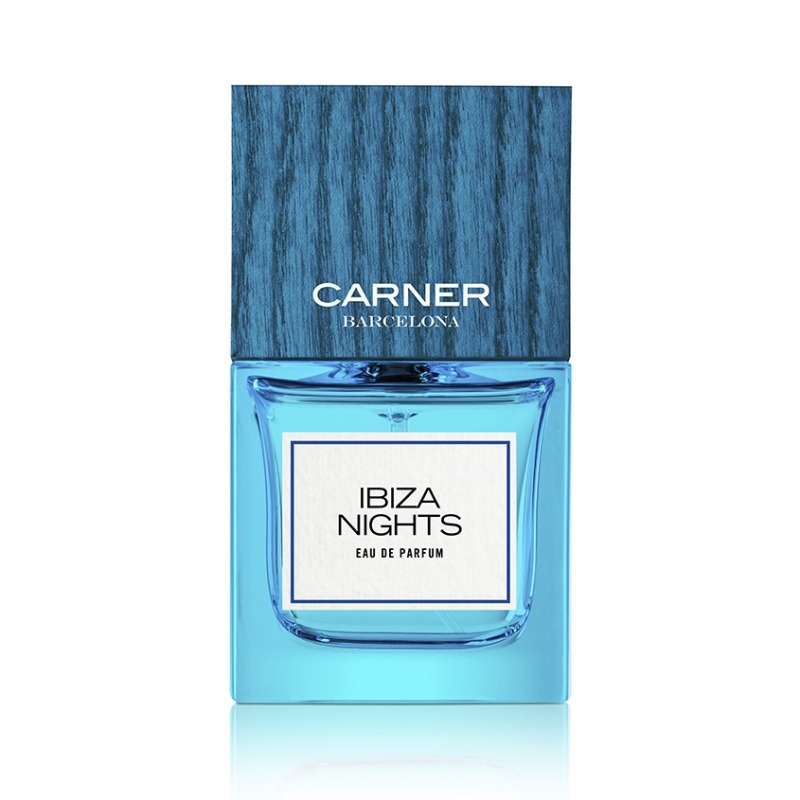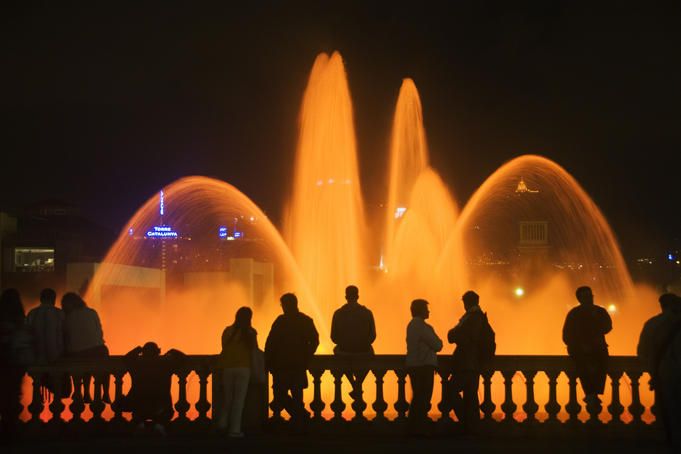What you should know about the water quality in Barcelona
Good to know
02/11/2022
by Rachel G
3 min read
Whether you’re living in Barcelona, planning to move to the city, or just visiting for a few days, you’re probably wondering about the city’s water quality and whether or not it’s safe to drink the tap water.
Here’s a look at the water quality in Barcelona to help you make the decision between stocking up on bottled water or drinking straight from the tap.
Table of Contents
What you should know about Barcelona water supply
Where does Barcelona’s water come from?
The first thing to consider when determining water quality in any city is the water’s source. In Barcelona, the city main tap water supply comes from two rivers: the Ter and the Llobregat.
The Llobregat, which supplies the city with the majority of its water, has very high levels of minerals such as potassium and magnesium.
Photo via Visualhunt
Because the river passes through a very salty region northwest of Barcelona near the town of Súria, the water fro the Llobregat tastes much better in areas before the river reaches Súria.
Afterwards, it takes on a very salty taste. Barcelona does have desalinization plants, but they can only handle about 20% of the city’s water demand and are very expensive to operate.
The bad taste of the water in Barcelona comes from the high salt levels, the osmosis process the water goes through to remove some of the salt, and the high levels of chlorine used to protect it from contamination.
Discover ShBarcelona’s services
Is water in Barcelona safe to drink?
The water in Barcelona might not be the best tasting in the world, but according to the General de Sanidad and the local water company in Barcelona, Aigües de Barcelona, the water in Barcelona is perfectly safe to drink.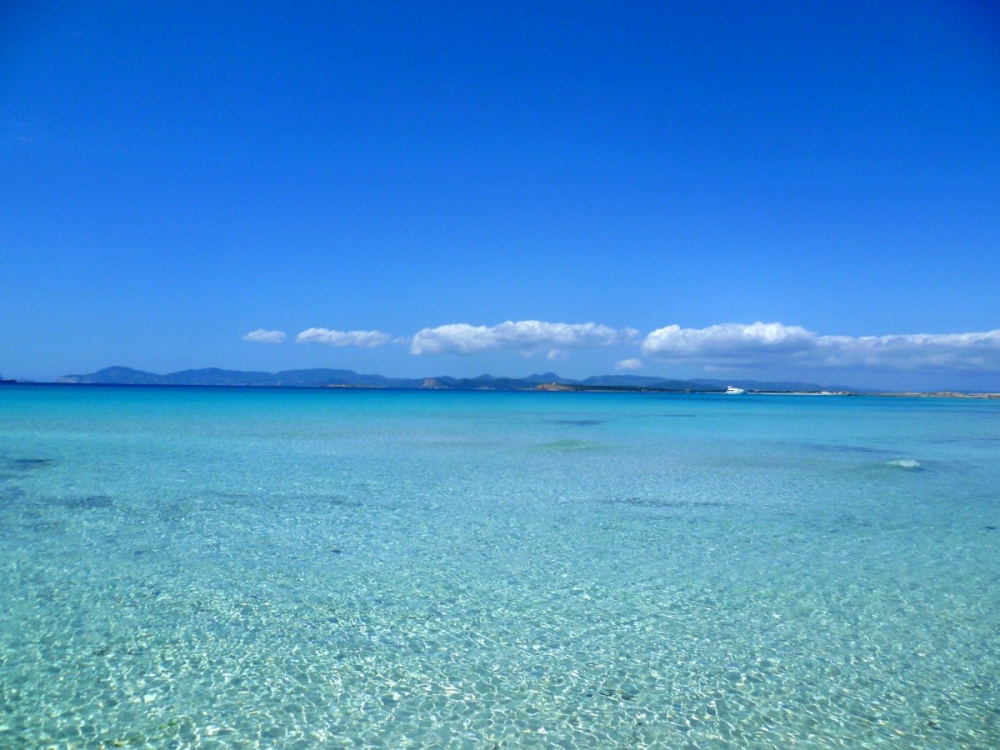
Photo via Pixabay
The city water meets all international health standards, including those of the EU and WHO. There is no scientific research that shows the tap water in Barcelona could make you sick.
Related article: 5 Things You Should Know Before Moving to Barcelona
Can you drink tap water in Barcelona – drinking bottled water or not?
Ultimately, the decision between bottled water and tap water is entirely up to you. While the tap water in Barcelona is absolutely safe to drink, it’s true that bottled water tastes much better.
Bottled water has its disadvantages too, of course, including the additional cost and the consequence of even more plastic waste in the environment.
Photo via Pixabay
There are, however, other options such as purchasing a water filter for your home, which can actually be quite affordable compared to always buying bottled water.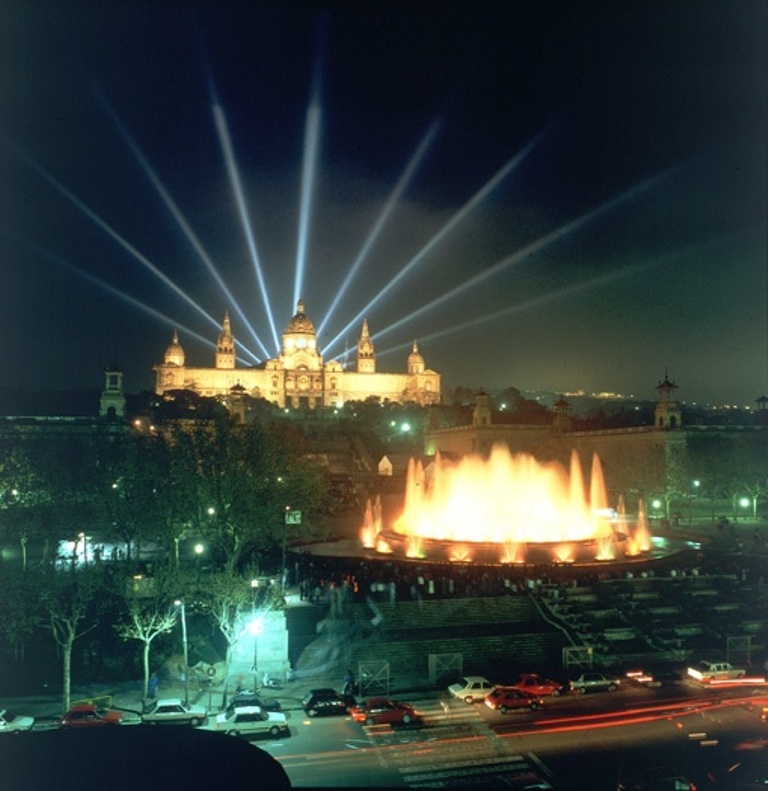
Whatever your decision, the most important thing is knowing where your water comes from and what kind of processes it goes through before reaching your glass in order to determine the best choice for you.
Find your next apartment in Barcelona
What do you think of the tap water in Barcelona?
Share your thoughts!
You may also like
03/15/2021
by Christine
3 min read
01/21/2020
by Daniella
4 min read
11/08/2021
by Brian S
4 min read
05/16/2022
by Paula
2 min read
01/15/2020
by Aléxia Costa
3 min read
02/12/2018
by Rachel Faulkner
3 min read
02/11/2022
by Paula
5 min read
04/03/2019
by Daniella
3 min read
02/15/2022
by Mario
3 min read
12/10/2020
by Shumin Zhou
6 min read
About the author
Rachel G
Originally from the United States, Rachel has been living in Spain since 2014.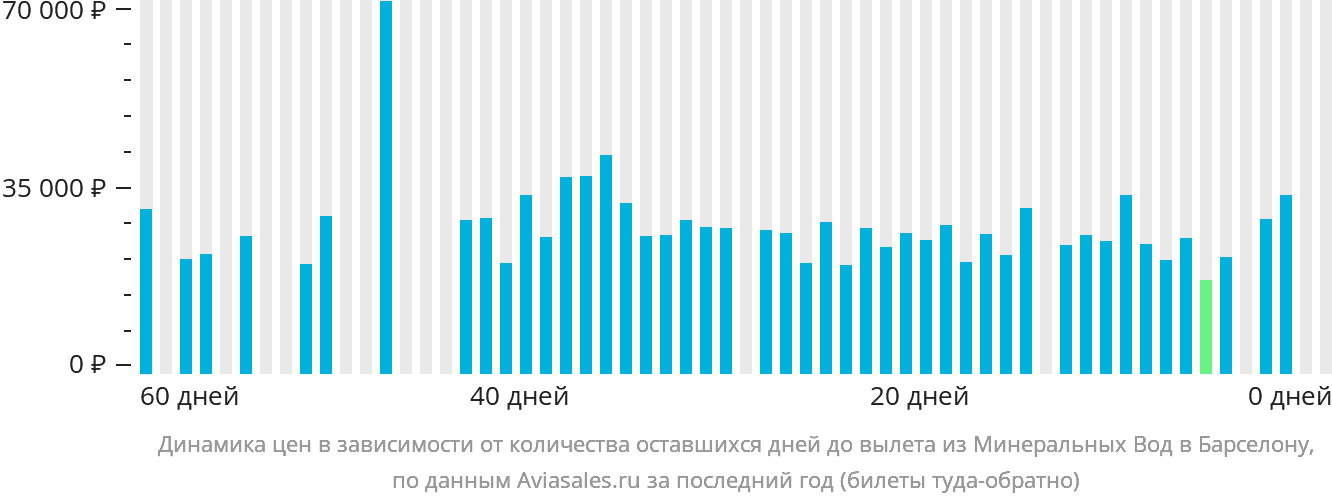
View all posts
basq by LARQ – Is Barcelona Tap Water Safe to Drink?
Spain’s beautiful coastal waterfront, Barcelona, is world-renowned for its rich history, delicious food, stunning architecture, and gorgeous sandy beaches. But despite the many splendors of this Mediterranean city, you might also find that drinking water straight from the tap when you’re in need of hydration leaves a pretty unpleasant taste in your mouth. You might also notice that restaurants and hotels are more likely to offer you bottled water rather than the water from their taps. So what’s really going on with the tap water in Barcelona – and is it safe to drink?
Is tap water in Barcelona safe to drink?
According to the companies and agencies that regulate the public water supply, Barcelona’s tap water is drinkable … mostly.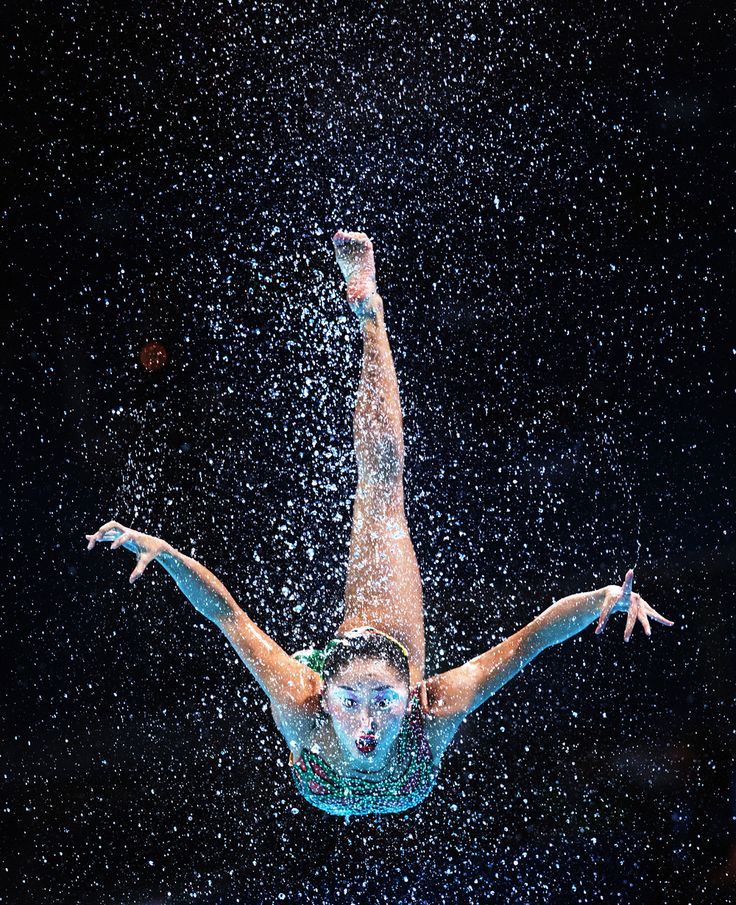
Most of the tap water in Barcelona comes from the nearby Llobregat River and is treated by Aigües de Barcelona (AgBar, for short), a private water company. Barcelona also has one of the most advanced water treatment plants in Europe, the estacion de tratamiento de agua potable (or ETAP), which is located in San Joan Despi, which filters huge amounts of water to make it safe for public consumption.
But even though tap water in Barcelona is so highly regulated and has been declared mostly safe to drink by its agencies, many people in the city still choose to drink bottled mineral water instead. And what’s going on with that remaining 0.5% of water that isn’t safe to drink according to the Ministerio de Sanidad?
Why does Barcelona tap water taste so bad?
While safe to drink according to regulation standards, the taste of Barcelona’s tap water is a major deciding factor for many locals choosing bottled water instead.
In addition to all those minerals and sediment, Barcelona’s drinking water is also treated with chlorine. This process helps sanitize the water and kills off potential pathogens, but it’s also thought to contribute to the less-than-delicious taste of water when it comes straight from the tap.
Potential risks of drinking Barcelona tap water
Beyond taste, there are also some other potential concerns that might have you thinking twice before drinking your tap water without filtering first.
Trihalomethanes (THM)
Chlorine is a common chemical that is used to treat tap water and make it safe for drinking.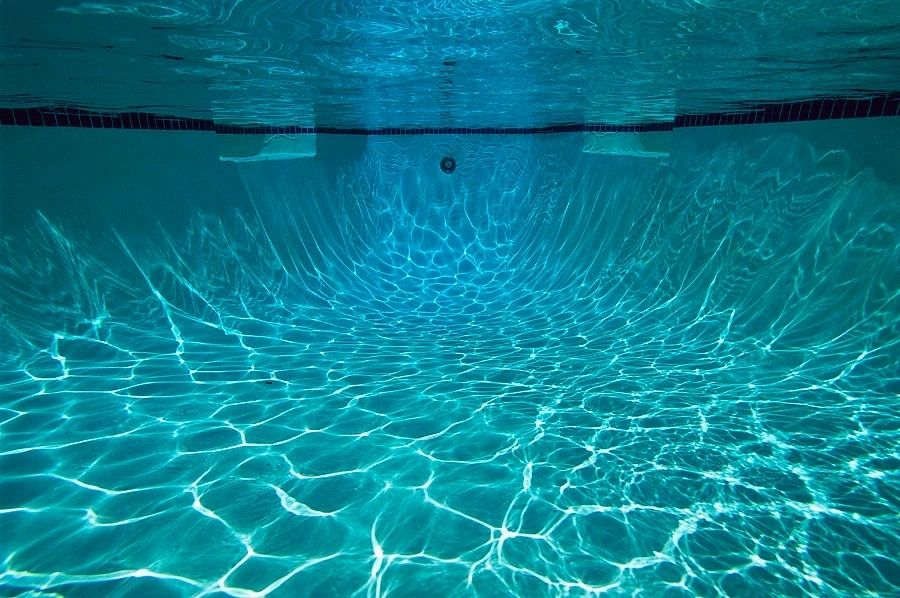
Unfortunately, the Spanish water supply is especially at risk of unwanted THMs, especially when compared to the rest of the EU. One study that sought to evaluate the risk of THM exposure in Barcelona’s water supply found that roughly 3% of new annual bladder cancer cases are attributable to THM exposure from Barcelona’s current drinking water supply! But the same study also concluded that the impact of using bottled water instead of tap water for drinking is not a great alternative, because it means sacrificing sustainability and contributing to plastic pollution.
Ultimately, the better answer for both your health and for the environment is to filter your tap water before drinking it to remove THM and other contaminants.
Lead
Lead contamination is one of the most pressing issues plaguing water security around the world.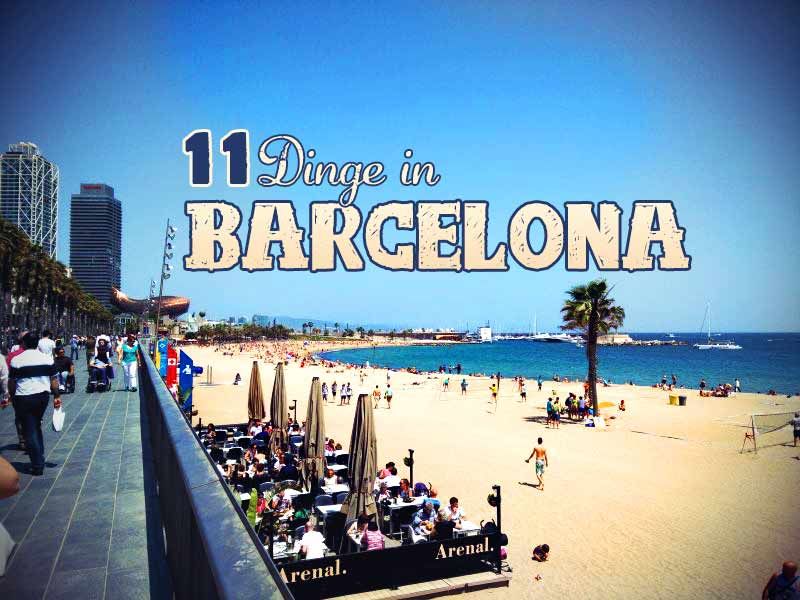
Because of the seriousness of lead exposure, the current EU legislation has its maximum lead levels set at 10 micrograms/L. While lead has long been banned as a pipe-building material, and lead is closely monitored in the water supply, the issue remains that there are still an estimated 25% of buildings in Europe that still have lead pipes from before the ban. In Spain, a survey of buildings (especially those built prior to the 1980s) was conducted between 2004-2014 and found that roughly 7% of the buildings still showed levels of lead that exceeded the 10 micrograms/L limit.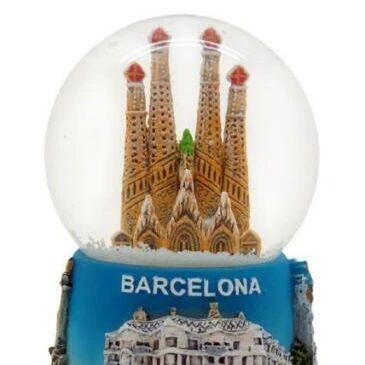
Microplastics
Finally, there’s the issue of pollution to contend with. The Mediterranean Sea is plagued with plastic pollution – in fact, it’s estimated to collect 730 tons of plastic waste every single day. With that pollution comes microplastics, or tiny plastic particles that are broken down from larger plastic waste. While we still don’t fully understand the long-term effects that microplastics can have on our bodies once ingested, studies have found that they can potentially cause oxidative stress, act as carcinogens, and expose you to other toxic chemicals used in the production of the original plastic product.
In a study that aimed to examine the number of microplastics present along the Llobregat River Basin, researchers found microplastics were present in 5 out of 7 different surveyed areas along Barcelona’s primary water supply. Many of those potentially hazardous microplastics are eliminated in the filtration and purification processes before the water hits your tap.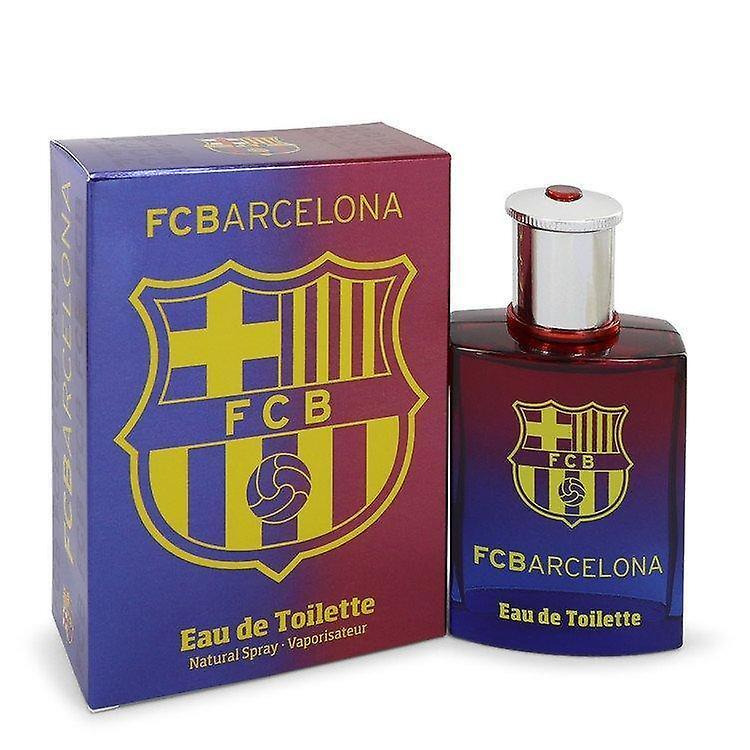
How to ensure safe drinking water in Barcelona
Barcelona residents are more likely to reach for bottled water as an alternative to drinking their less-than-delicious tap water, but this further contributes to the environmental issues that plague the water in the first place. So instead, do the better thing for your health and for the environment and filter your tap water!
Water filtration systems like LARQ’s Bottle Filtered and LARQ’s Pitcher PureVis can eliminate contaminants like lead, chlorine, and particulates so that you are left with clean, delicious water in Barcelona, the rest of the EU, and beyond. While the LARQ Bottle Filtered offers a portable filtration solution for great-tasting water, the Pitcher offers two-stages: Nano Zero filtration and UV-C LED eradication of bacteria and viruses such as E.Coli.
Water in Barcelona: from sea water to drinking water
When visiting major resort towns, the most important aspect for travelers is water: both for drinking and the one in the bathing areas.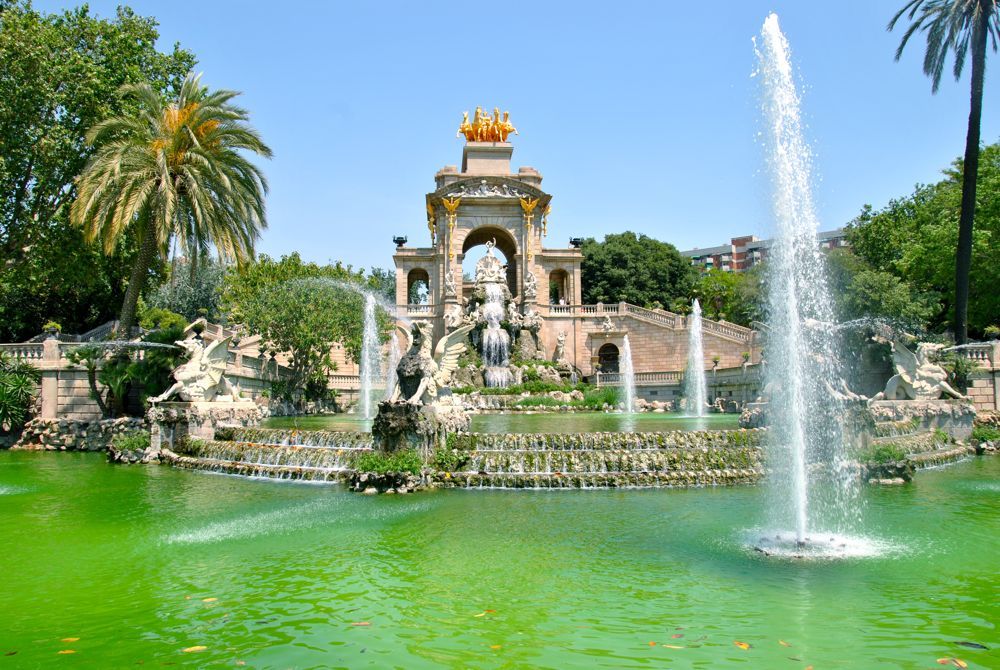
Drinking water in Barcelona
Drinking water in the capital of Catalonia, just like in other large cities, is not very good. It’s not that it’s dirty – it’s just that the water is passed through a significant number of filters and therefore it has a rather unpleasant taste.
According to a survey conducted in 2008, Barcelona was among the three cities with the worst water quality. Of course, because water in the capital of Catalonia for cleaning is traditionally supplied from 2 rivers – Ter and Lobregat. But already 2 years later, in 2010, in the report on the health of the population of the city, it was noted that the quality of water and air has improved significantly and now meets the European Union standards.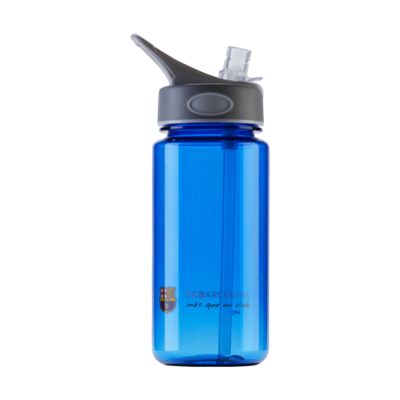
We advise you to buy water in plastic or glass bottles sold in local supermarkets. Unfortunately, for visitors to the city, bottled drinking water is very expensive at prices. Therefore, well-informed travelers take compact camping flasks from home ahead of time.
Throughout Barcelona there are specialized fountains, from which delicious purified drinking water flows, so your own flask will be suitable for any traveler. If you do not buy water in Barcelona in supermarkets, then you can easily save up to € 5-10 daily on this.
By the way, bottles with inexpensive mineral water are sold more often simply in small local supermarkets, for example, in those that are located in many of them on the Ramblas.
If you buy water from stalls, it will cost about €2 per liter, and the same bottle in a supermarket costs €0.5. In a number of supermarkets, you can find ordinary clean water at a price of €0.8 for 5 liters.
Weather in Barcelona and sea temperature
There is a lot of gossip about the weather in Barcelona: someone says that in winter there are terrible downpours, heavy winds, that it is warm at night and cold during the day.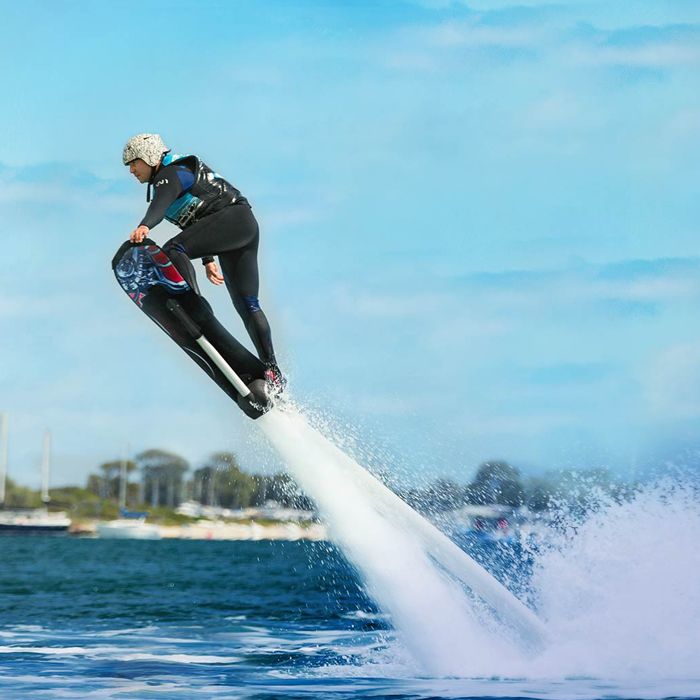
The maximum heat in the capital of Catalonia reaches the beginning of August, then travelers enter the sea as if in “fresh milk”. Thus:
- The average temperature of sea water in August is 26 degrees, while the minimum temperature (for example, due to rain) will be 24 degrees.
- In September sea water temperature in Barcelona is around 28°C/68°F, but it gets colder after the first ten days of the month.
Therefore, the best time to travel to Barcelona is August – early September.
Sea and beaches in Barcelona
The city itself is symbolically divided into 3 beaches, each of which is located so close to each other that the difference in temperature between them is negligible.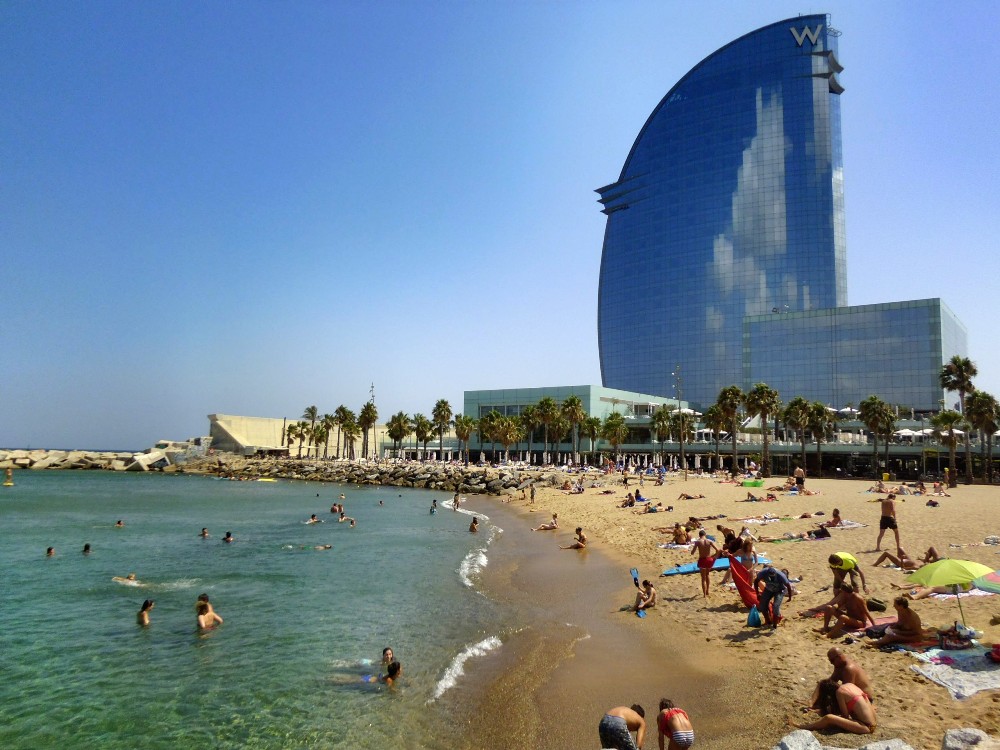
Just because the tourist needs to understand what he expects from the rest – the radiant sun, the purest sand, or the water of the state of “fresh milk”. And then decide which beach he wants to go to. With the support of a table with an average annual temperature, you can decide which month is best to go to Barcelona.
For example:
- in January – 14 degrees
- in February – 12
- by May – 16
- in June – 19
- by August the thermometer rises to 22
- in November it gets cooler again – about 20
Also, when deciding on beach leisure, you need to keep in mind that you should start from averages, both minimum and maximum, and also from the number of rainy days and the number of sunny hours.
It is worth noting, given all of the above, that not very warm water and not perfectly clean drinking water will not be able to upset you when visiting Barcelona.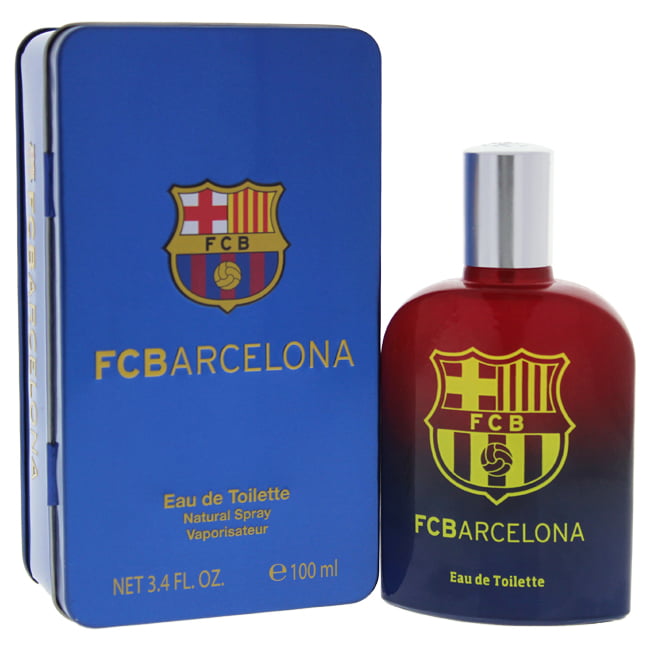
For swimming in the clear sea, you can go to popular resorts located near Barcelona (30-40 minutes by bus).
And drinking water can be easily replaced with popular carbonated drinks:
- Sprite
- Fanta
- Pepsi
- Coca Cola
They cost much less than ordinary pure bottled water in local supermarkets.
In Barcelona you can save not only on water, but also on transport and entrance to the museum by purchasing discount cards . You can do this in advance online using the link on the official ticket platform.
- How to avoid queues at Barcelona attractions. Tickets for Sagrada Familia and Park Güell bypassing the queue.
-
How not to be deceived by local taxi drivers. Order a taxi in advance with fixed rates online. The most reliable service for ordering a taxi is KiwiTaxi .
- Excursions in Barcelona with locals will help you get to know this city for real. The best way to get comfortable in an unfamiliar city is to walk around it with a person who has lived here for many years.
- We advise you to take out travel insurance so that there are no unpleasant surprises when traveling to Barcelona.
- Barcelona City Pass is a one-stop card that makes organizing your holiday in Barcelona easier and saves a lot of time and money.
- Barcelona hotels: are our selections and recommendations.
- Bus Turistic is a tourist bus and a great way to get to all the necessary monuments of Barcelona quickly, with a breeze and comfort.
- Drimsim is a universal international SIM card and a free travel application. Best prices, fast internet and worldwide calls.
Monthly Barcelona water temperature
There are a lot of rumors about the weather in Barcelona and the temperature of the water in the sea: some say that in winter there are heavy showers, stormy winds, that it is warm at night and cold during the day.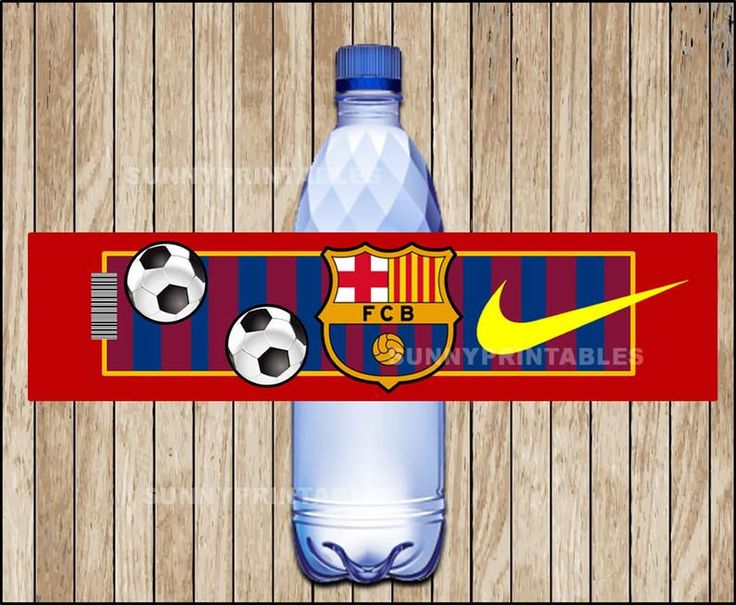
According to statistics, the warmest sea water in Barcelona is in summer: in July and August.
However, about everything in more detail. So, let’s begin. What is the water temperature in Barcelona for months?
1What is the water temperature in January in Barcelona
The water temperature in Barcelona in January is around plus 13-14°C. Strong wind exacerbates the sensations. Therefore, if you are not a surfer, you will only have to admire the endless expanse of the sea.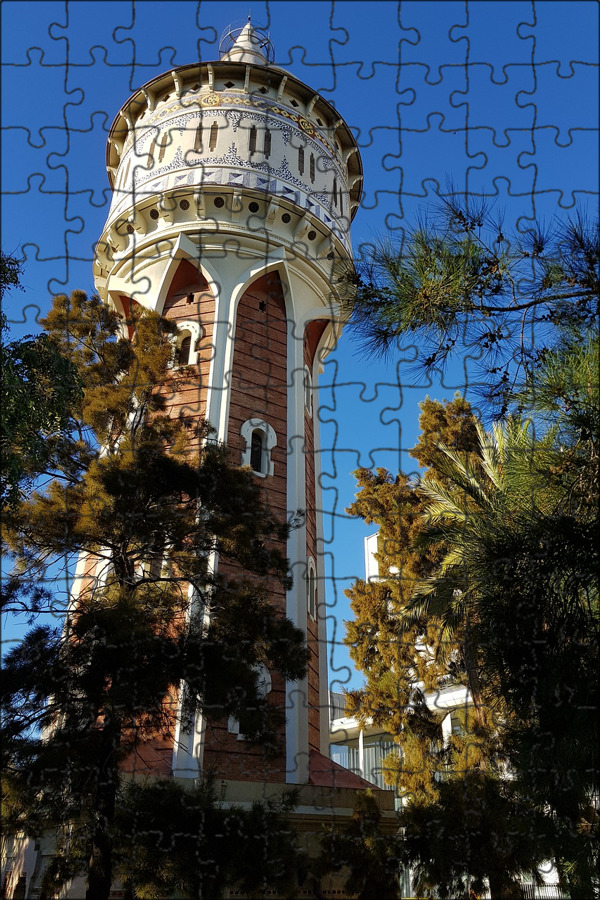
2Barcelona water temperature in February
Despite the daily air temperature of plus 16-17°C, there can be no talk about the swimming season in February. In Barcelona, the water temperature remains the same as in January – plus 13-14 °C.
3 Water temperature in March
Water temperature in Barcelona in March
In March, there is no need to hope for a warm sea in Barcelona. In Barcelona, the water temperature of plus 16°C stops the most inveterate bathers. And surfers enjoy the waves and they just enjoy the sea in March in the capital of Catalonia.
4 Water temperature in April
In April, you will most likely not be able to spend your leisure time on the beach and bask in the sun. In Barcelona, the sea temperature is cool, around plus 17°C. Therefore, few risk swimming, but sunbathing is very possible.
5 Water temperature in Barcelona in May
In May, the water heats up day by day.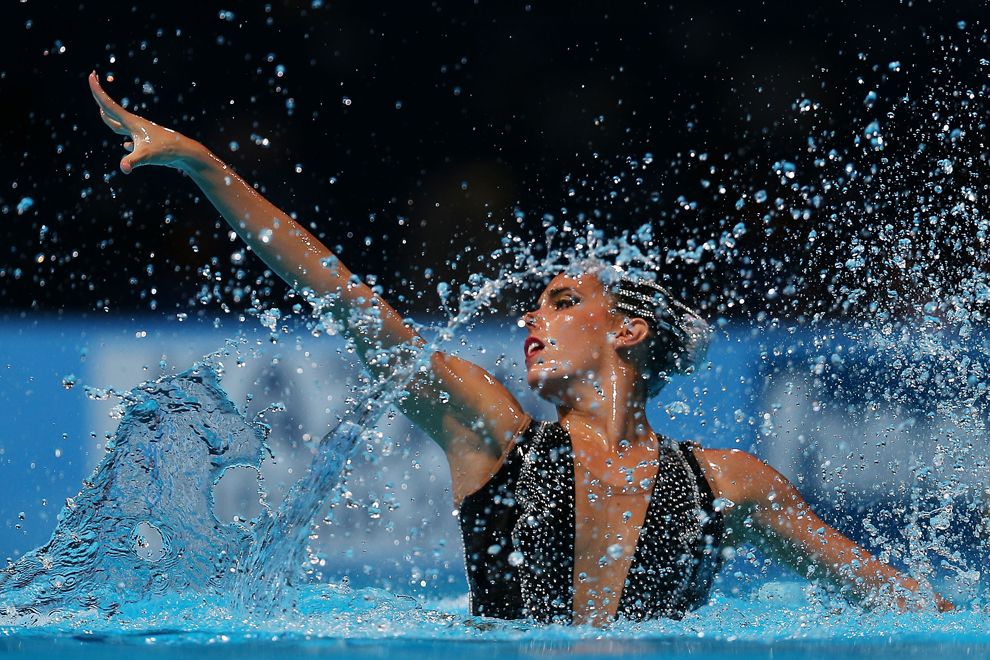
At the beginning of May in Barcelona, the water temperature barely reaches +18-20˚С, only in the middle it rises by 1-2˚С. Travelers often ask if they can swim in the Catalan capital in May. This is extremely personal, and comes from your abilities and mood, as well as the weather in May. Sometimes April is so sultry that in Barcelona in May the swimming season is already in full swing. But this doesn’t happen all the time.
6Water temperature in June
The swimming season officially opens in the Catalan capital in June. In Barcelona, the water temperature is approximately plus 20-22˚С – the sea is not warm, but it is possible to cheer up in it.
7July water temperature in Barcelona
The full beach season starts in Barcelona in July, when the sea warms up to the maximum.
8 Water temperature in August
Water warms up to its maximum values by the middle of the month – plus 26-27˚С. The beaches in Barcelona in August are mostly filled to capacity. Therefore, for a full-fledged beach relaxation, we advise you to go to the Costa Brava or Costa Dorada. However, in truth, it will not be easy to find a more or less empty beach there.
9Water temperature in September
In Barcelona, the water temperature in September is around plus 24-25°C. You can easily swim in the sea until the 20th of September. Sometimes the swimming season goes on even longer. The sea in Barcelona has warmed up, the beaches are half full. It is not in vain that they say that September in Barcelona is the most pleasant time for beach activities with children.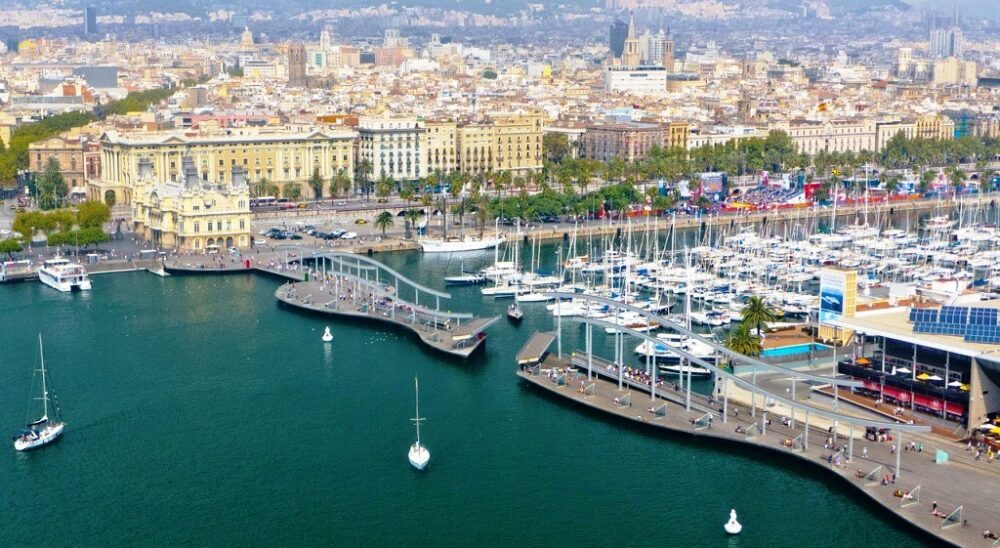
10Water temperature in October
In the first weeks of the month, enjoying beach activities in the Catalan capital is very possible. In Barcelona, the water temperature is around plus 21-22°C. In the second half of the month, it often rains, the water temperature drops, which leads to the closure of the swimming season.
Often the beach season is open until mid-October – if you don’t swim, then you can sunbathe. In the second half of the month, sunbathing will not work (but there are exceptions).
11 Water temperature in November
The weather in Barcelona in November is dry, however, quite cool. And given that the temperature drops significantly in November, the weather in the Catalan capital is much more pleasant than in many other European cities. In the daytime – about plus 17-19°C, at night – approximately plus 10-12 °C.
Even the most daring do not try to enter the water: powerful excitement and a temperature of plus 17 ° C are not particularly inspiring.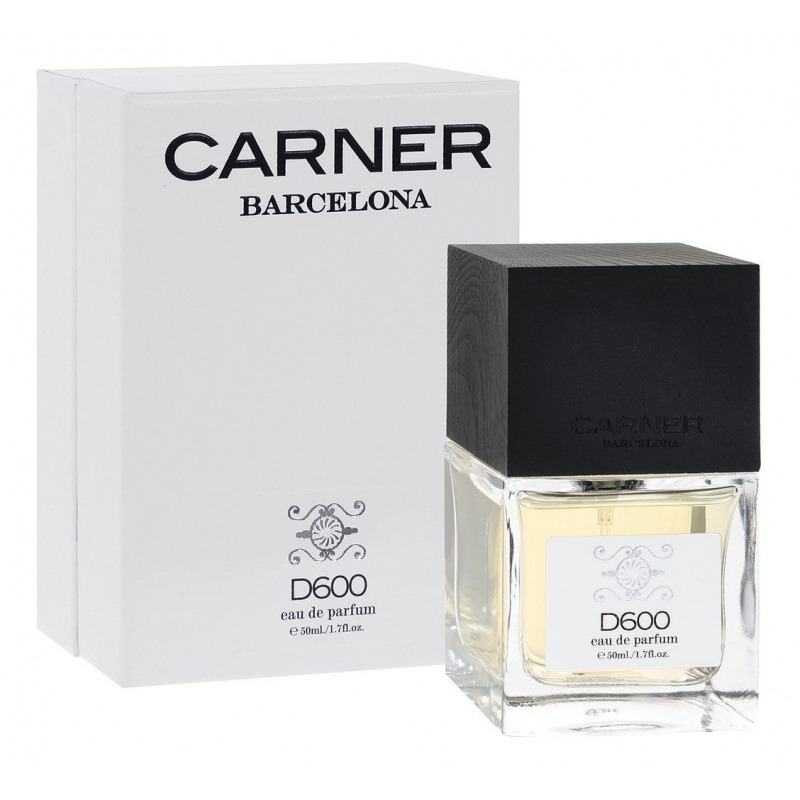
12December water temperature
Barcelona in December will not inspire those who like to lie on the beach under the intense and warm sun. However, even in winter in the Catalan capital there are daredevils who try not only to enter the water, but plunge into powerful waves at maximum speed – talking about surfers.
There are many surfers in Barcelona in the winter and they don’t feel uncomfortable with the water temperature, which is around plus 14°C.
Most likely, in the capital of Catalonia in December you will give priority to other entertainment, and not beach leisure, the sea at this time is cool and the wind is scalding cold.
The current weather forecast in Barcelona, as well as the water temperature, can be found on the official website of El Tiempo Barcelona.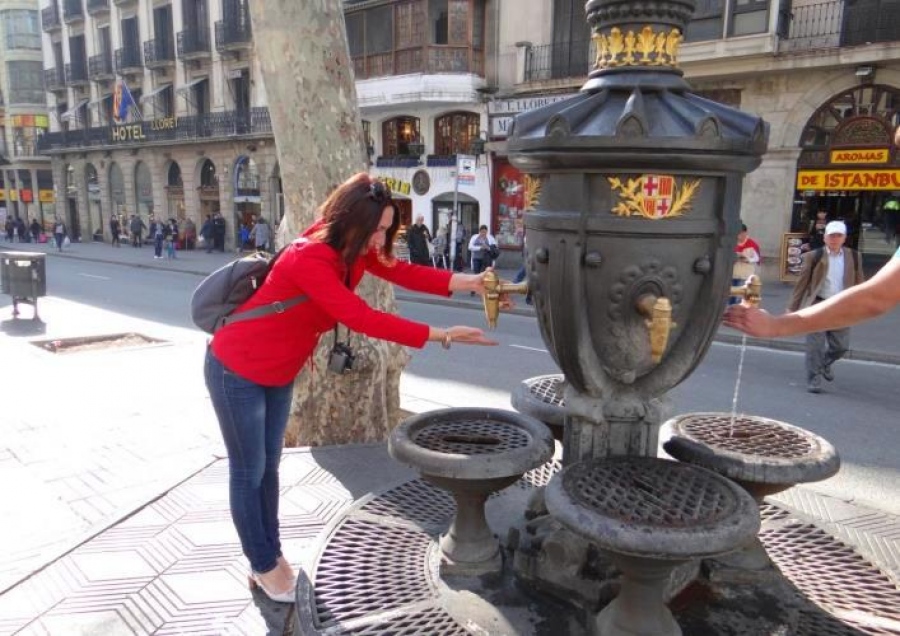
The sea of Barcelona attracts you and beckons? Cross through the link to the official ticket platform to select and book a sea cruise in Barcelona.
- How to avoid queues at Barcelona attractions. Tickets for Sagrada Familia and Park Güell skip the line.
- How not to be deceived by local taxi drivers. Order a taxi in advance with fixed rates online. The most reliable service for ordering a taxi is KiwiTaxi .
- Tours in Barcelona with locals will help you get to know this city for real. The best way to get comfortable in an unfamiliar city is to walk around it with a person who has lived here for many years.
- We advise you to take out travel insurance so that there are no unpleasant surprises while traveling to Barcelona.
-
Barcelona City Pass is a one-stop card that makes organizing your holiday in Barcelona easier and saves a lot of time and money.

